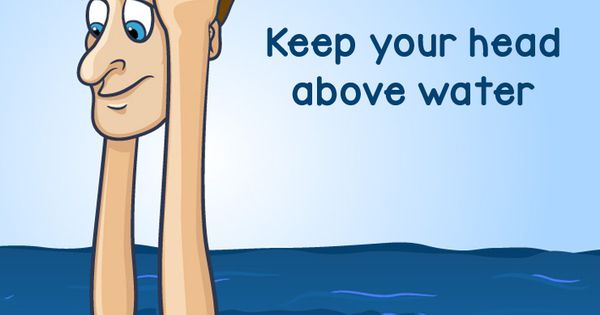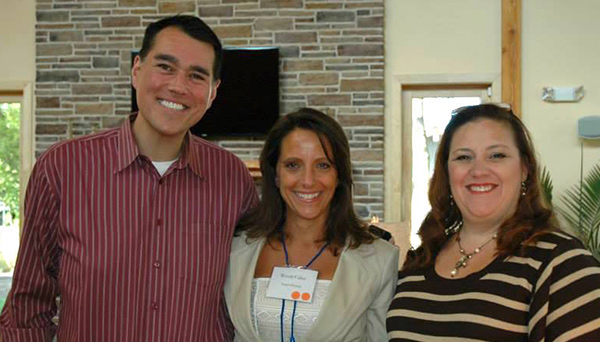Thomas Friedman’s latest book, Thank You For Being Late, has given me a lot to think about, and I am only half way through. In this book he examines life in the “age of acceleration” from many different perspectives. This of course has me thinking about what it means for education.
Friedman Quotes Eric Teller, the CEO of GoogleX’s R & D lab:
“If the technology platform for society can now turn over in five to seven years, but it takes ten to fifteen years to adapt to it”:
We will all feel out of control, because we can’t adapt to the world as fast as it’s changing. By the time we get used to the change, that won’t even be the prevailing change anymore—we’ll be on to some new change.”
I think that many of us can relate to this. But what does it mean for children and our education system? What should that environment look like? Is there anyway to prepare for this?
Freidman posits this:
“So at a minimum, our educational systems must be retooled to maximize these needed skills and attributes: strong fundamentals in writing, reading, coding and math; creativity, critical thinking, communication, and collaboration; grit, self-motivation and lifelong learning habits; entrepreneurship and improvisation—at every level.”
Of all of these things, it is hard to pick out those that will be most necessary. But one that stands out to me is having a relationship to learning that is more a way of life than a thing to do at school. In order to do this, learning is going to have to be engaging.
What are your thoughts? How are we doing at CDS?






Leave a Comment